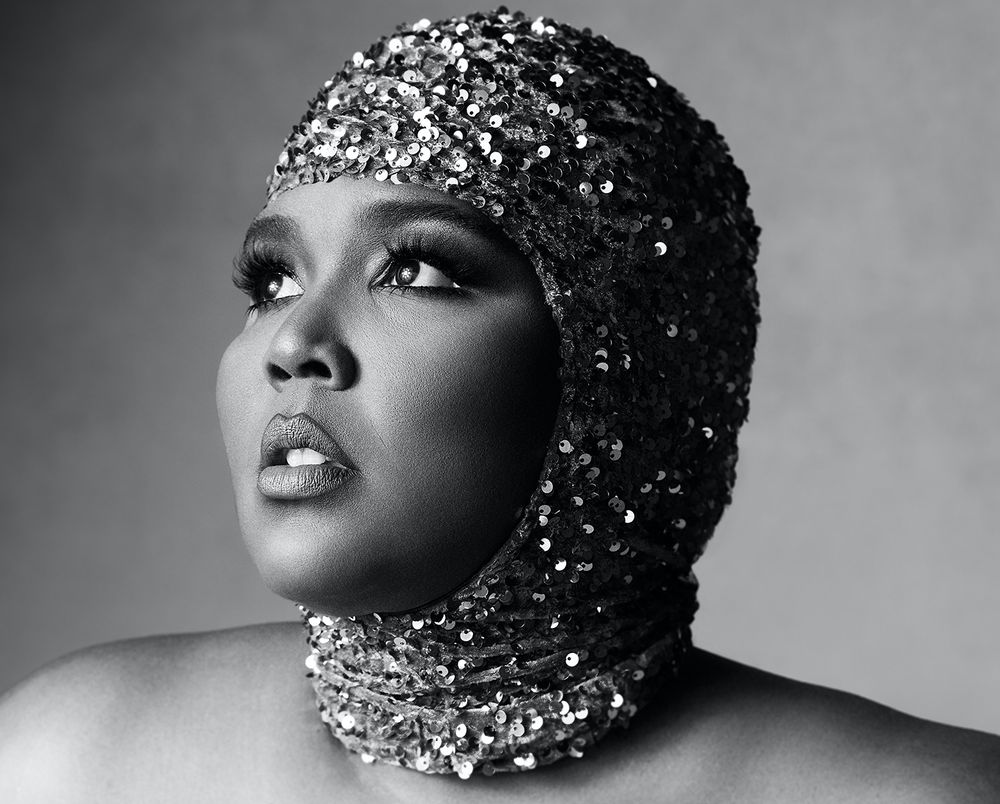Much of the internet has recently been schooled on ableism, and it comes courtesy of Lizzo and one marginalized community.
On Tuesday (June 14), the singer/rapper announced that she’d rerecorded a portion of her new single “GRRRLS” due to backlash in response to her use of the word “spaz.” In the original track, she rhymes: “Hold my bag, bitch/Hold my bag/Do you see this shit?/I’m a spaz.” Unbeknownst to the 34-year-old superstar, in some communities the term is considered a slur that targets people with neuromuscular disorders.
“It's been brought to my attention that there is a harmful word in my new song ‘GRRRLS,’" Lizzo wrote in a note shared on Twitter. "Let me make one thing clear: I never want to promote derogatory language.”
She continued: “As a fat black woman in America, I've had many hurtful words used against me so I overstand the power words can have (whether intentionally or in my case unintentionally). I'm proud to say there's a new version of GRRRLS with a lyric change. This is the result of me listening and taking action."
— FOLLOW @YITTY (@lizzo) June 13, 2022
Like most controversies that are engaged with on social media, Lizzo’s move—changing the contentious bar to “Do you see this shit?/Hold me back”—was met with both applause and confusion. To disability rights proponents, it was a sign of good faith education and one step in a celebrity’s journey toward true allyship. To others, it was yet another instance of overcorrection in response to oversensitivity. (Per Cardi B: "Personally If I was Lizzo I would of said SMD.") Much of the latter opinion is rooted in the idea that Lizzo was simply using African American Vernacular English (AAVE) and had no idea that the term was offensive.
Both of those stances might be valid on some level. But the question is, does it really matter?
It’s clear that there’s a long history of Black Americans casually using the term spaz; a Genius deep dive reveals song titles or lyrical references by the likes of Kid Cudi, Nas, Ye, Goldlink, Childish Gambino, Nicki Minaj, and many others. It could refer to anything from top-notch raps to excitement to violence.
Still—common slang or not—that doesn’t mean its usage is okay, especially when members of a marginalized group cite offense. Just ask J. Cole, who back in 2013 found himself in a situation similar to Lizzo’s after making an insensitive reference to autism on Drake’s “Jodeci Freestyle.” Cole and Drake both apologized shortly after the track’s release and the lyric was censored.
After hearing the “GRRRLS” last Friday, writer Hannah Diviney, who suffers from cerebral palsy, called out Lizzo on Twitter: “Hey @lizzo my disability Cerebral Palsy is literally classified as Spastic Diplegia (where spasticity refers to unending painful tightness in my legs) your new song makes me pretty angry + sad. ‘Spaz’ doesn’t mean freaked out or crazy. It’s an ableist slur. It’s 2022. Do better.”
A few days later, Lizzo did just that.
